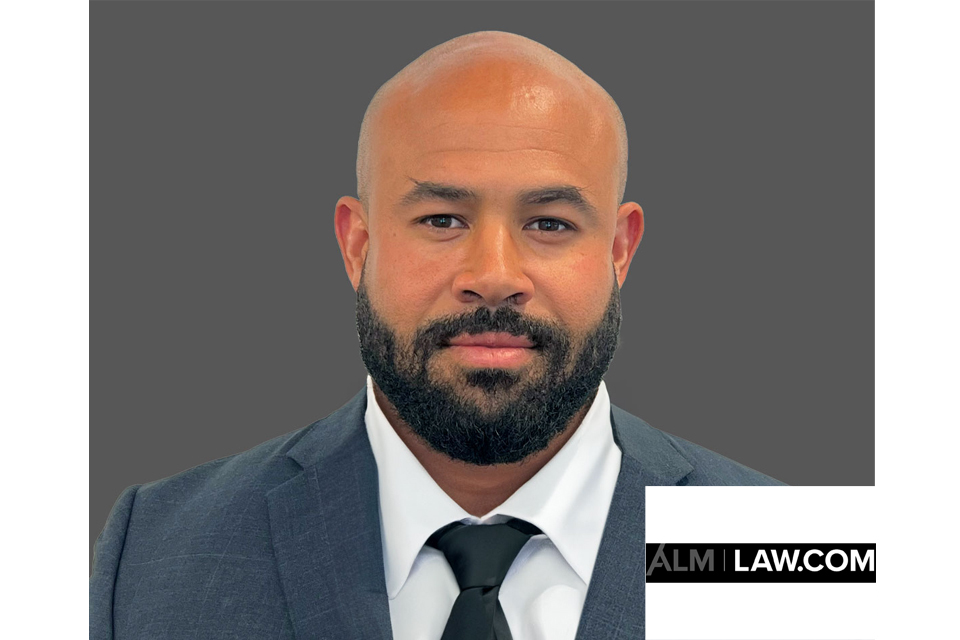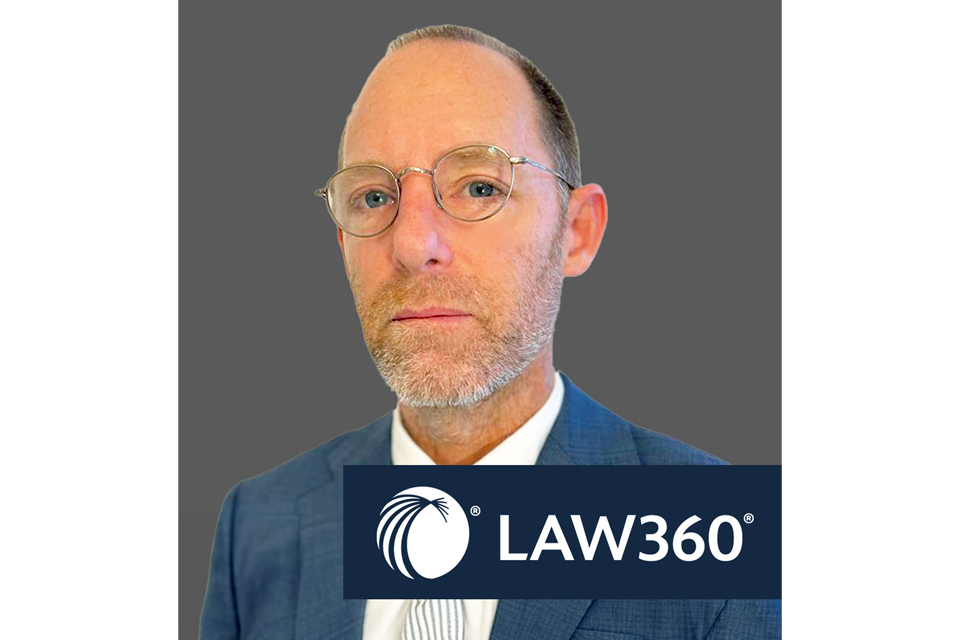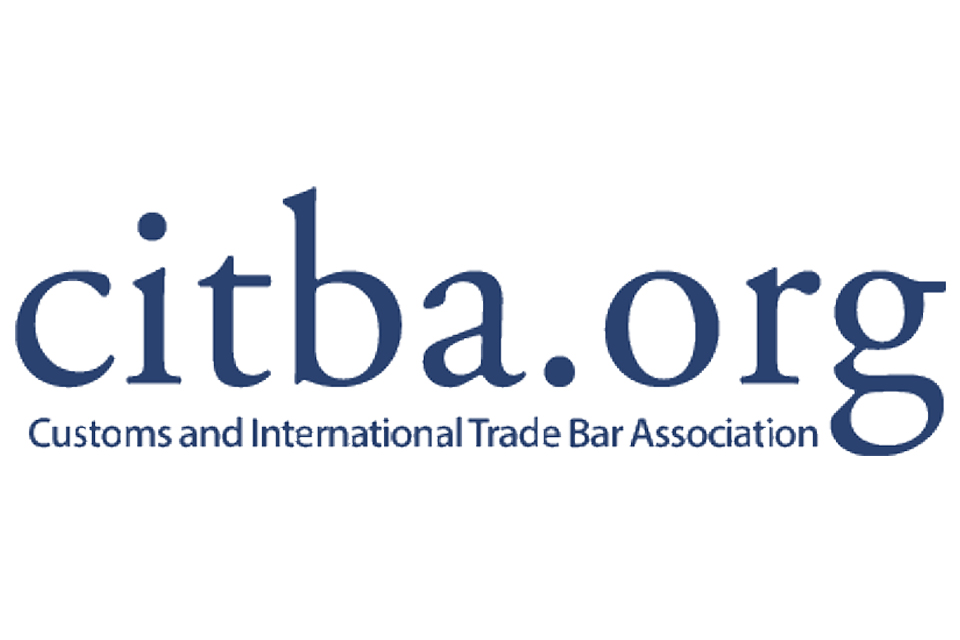The “wet foot, dry foot” policy was an executive order implemented in 1995 by former United States President William J. Clinton. Generally, it allowed Cubans who stepped foot on “dry” U.S. soil to remain in the U.S. Those caught at sea were returned to Cuba. This policy applied not only to Cubans arriving by sea, but also to Cubans crossing either the Mexican or Canadian borders, and to Cubans who arrived at any U.S. airport. Under the policy, Cubans that touched U.S. soil were granted a parole that allowed them to stay in the U.S. The parole gave Cubans the ability to request medical and monetary assistance, obtain a driver’s license, get a social security card, and be granted a work permit.
On January 12, 2017, now former U.S. President Barack H. Obama repealed the “wet foot, dry foot” policy and stated that “effective immediately, Cuban nationals who attempt to enter the United States illegally and do not qualify for humanitarian relief will be subject to removal . . . we are treating Cuban migrants the same way we treat migrants from other countries.” The legal effect of Obama’s action has sparked an important discussion and raised the obvious question – What now for Cubans?
Today, any Cuban that enters the U.S. without a visa will be deported to Cuba. To stay, those Cubans who arrived in the U.S. without a valid visa would need to seek political asylum from the U.S., a process that requires the petitioning Cuban to prove to a judge that he or she is in fear or is being persecuted by the Cuban government. If successful, the petitioning Cuban would ultimately obtain political asylum and be allowed to remain in the U.S. However, this process can take months, and unless the petitioning Cuban obtains a bond from the judge, he or she could spend three to six months in a temporary detention center awaiting the hearing.
Should the petitioning Cuban obtain political asylum, then he or she could remain in the U.S. and apply for U.S. residency in the future. If political asylum is not granted, he or she will be deported to Cuba. The Cuban government has already indicated that it will accept every Cuban that the U.S. decides to deport. However, the Enforcement and Removal Operations office of U.S. Customs and Immigration Enforcement has stated that the U.S. will not deport Cubans that were on the deportation list prior to January 12, 2017.
The Cuban Adjustment Act
Despite the eradication of the “wet foot, dry foot” policy, the Cuban Adjustment Act is still in place. The Cuban Adjustment Act was passed by Congress and approved by former President Lyndon B. Johnson in 1966. This law states that “any alien who is a native or citizen of Cuba and who has been inspected and admitted or paroled into the United States subsequent to January 1, 1959 and has been physically present in the United States for at least one year may be adjusted by the Attorney General to that of an alien lawfully admitted for permanent residence.” In other words, this law states that if a Cuban enters the U.S. legally, either with a visa or parole, and remains in the U.S. for one year, he or she will be able to apply for, and ultimately obtain, the residency.
Notably, the Cuban Adjustment Act does not state that Cubans must legally reside in the U.S. for one year. Instead, it simply states that Cubans must enter the U.S. legally and physically remain in the U.S. for one year. As a result, Cubans that come to the U.S. with any type of visa, such as a work visa, tourist visa, or five-year visa will be able to enter the U.S. and will have the opportunity to apply for U.S. residency after one year. Moreover, Cubans that are citizens of other countries, such as Spain, would enter the U.S. legally and follow the same procedure. But, it is important to note that Cubans entering legally should not mention that they are considering over-staying their visas. Doing so would cause them to be deported immediately.
Cuban Medical Professional Parole Program
Obama also indicated that the Cuban Medical Professional Parole Program, which was started in 2006 by former President George W. Bush, is also being rescinded. This program previously allowed Cuban doctors, nurses, and other medical professionals to seek parole in the U.S. while on assignments abroad. Notwithstanding this statement, those doctors, nurses, and other medical professionals can still apply for asylum at U.S. embassies around the world pursuant to Obama’s decree.
Cubans who entered the U.S. under “wet foot, dry foot” or the Medical Professional Parole Program prior to January 12, 2017 will not be subject to deportation and will be able to continue the process towards obtaining legal status. The “effective immediately” component of Obama’s order is still being analyzed. There is a question of whether the “wet foot, dry foot” policy is still available to Cubans that touched dry U.S. soil, but had yet to meet with an immigration agent. Anyone who finds themselves in this situation should consult with an immigration attorney immediately.
What’s Next?
The “wet foot, dry foot” policy was an executive order which did not need congressional approval. It was enacted by a president and it was repealed by a president, and there is nothing preventing a future president from enacting it once again. Therefore, it will be interesting to see what the 45th U.S. President’s position is on this issue. We will soon find out.













































































































































































































































